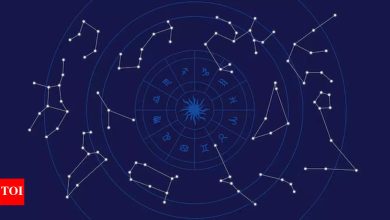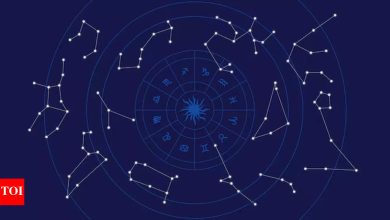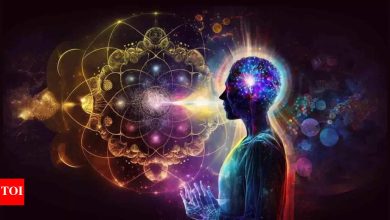Taurus, daily horoscope today, April 07, 2025: Increase in charge and demands arise

April 7, 2025, will be a day that tests your flexibility, Taurus. You may feel a little stressful and restless due to your timely increased charge and demands. However, your determination will help you push. There is a possibility of creating a new friendship or reuniting with an old acquaintance, which will give some happiness and relief. You can also improve your relationship with neighbors, as you can participate in a small celebration or gather in their place. Be cautious while traveling, as a minor accident can occur.
Love and relationship
Your relationships will need some effort today. Due to your busy schedule, your partner may feel neglected, so be sure to spend the quality time when possible. A heartfelt interaction can reduce any stress. If you are single, then the new friendship you do today can gradually be something more meaningful. Remember to open your feelings openly and honestly to avoid misunderstandings.
Education and career
Career-wise, this day demands hard work and focus. Your dedication will not pay attention to anyone, but you can feel overwhelmed many times. Give priority to tasks and break them into managed parts to stay efficient. For students, it is important to avoid distractions and focus on completing assignments. The presence of assistant brothers or friends can promote your confidence, so do not hesitate to seek their help when needed.
Money and Finance
Financially, it is a cautious day. Avoid impulsive purchases or investing as unexpected expenses related to health or minor accidents may occur. Keep your budget in the check and avoid lending, as it can be difficult to fix. If there is a plan to buy something, give priority to essential commodities on luxury. The intelligent financial plan will help you feel more secure among the busy schedule.
health and wellbeing
Health should be your priority today, Taurus. Due to increased stress, you may feel physically dry or stress. Practice mindyfulness techniques and avoid consuming junk food, as it can disturb your stomach. Light will help in reducing physical activity, such as walking or stretching, stress. Driving should be done carefully to avoid accidents, as your restless mind can affect your attention on the road.
Find everything about astrology in Times of India, including daily horoscope for Aries, Taurus, Gemini, Cancer, Leo, Virgo, Libra, Scorpio, Scorpio, Sagittarius, Capricorn, Aquarius and Pisces.




